Senior citizens are accustomed to constant probes by doctors, but wireless AI tech is enabling massive-scale, nonintrusive data monitoring.
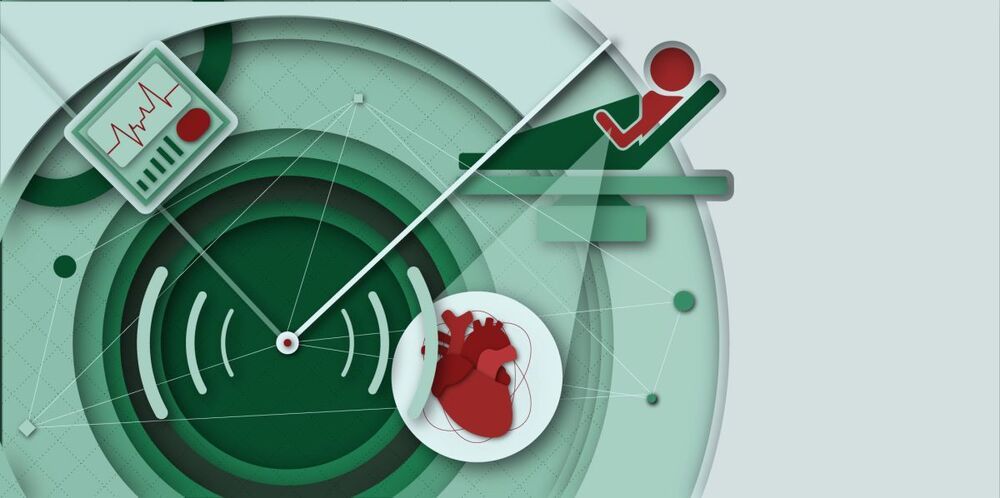

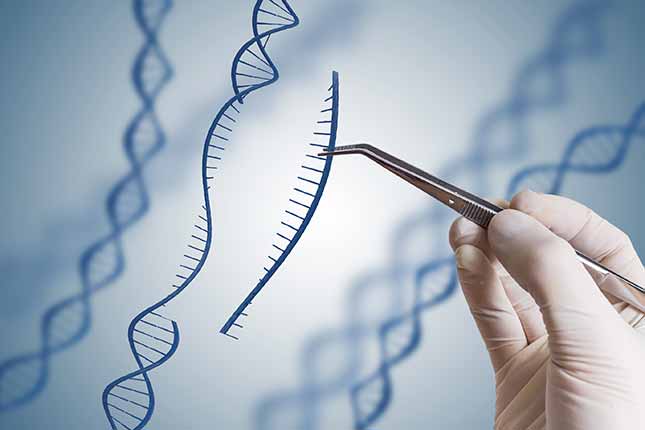

This is the THIRD PART of the interview with Harold Katcher in Modern Healthspan YouTube channel.
Dr. Harold Katcher is a professor of Biology at the University of Maryland. He has been a pioneer in the field of cancer research, in the development of modern aspects of gene hunting and sequencing. He carries expertise in bioinformatics, chronobiology, and biotechnology. Dr. Katcher is currently working in the capacity of Chief Technical Officer at Nugenics Research exploring rejuvenation treatments in mammals.
In May 2020 there was a paper published on biorxiv about the rejuvenation of rats by over 50%. We did a review of the paper which you can find linked to above. In this interview series we talk with Dr. Harold Katcher, one of the main authors of the paper about the experiment, the steps to get validation, commercialization and how the results fit into his theories of aging.
In this video we talk about the next steps towards commercialization and how the treatment that is being developed from this research will be made available. Dr. Katcher is very optimistic with a view that the treatment should be on the market within a few years.
The paper can be found here https://www.biorxiv.org/content/10.1101/2020.05.07.082917v1.full.
If you would like to support our channel, we’d love a coffee…thank you!


Has anyone tried any of these longevity blood testing companies? How are their recommendations? I’m especially curious if Life Extension’s online phone consultations are worth it.
This is the second article in a two-part series on the best aging biomarkers to track for longevity. While the first article on aging biomarkers discussed 20 specific biomarkers to track, in this post we compare different life extension blood tests and testing companies on the market.
Affiliate Disclaimer: Longevity Advice is reader-supported. When you buy something using links on our site, we may earn a few bucks.
If we are to reason for the non-dual picture of the world then quantum physics is directly linked to consciousness. The human brain is a physical organ that transmits and interprets electrochemical signals. Its biochemistry is certainly governed by quantum physical laws, and consciousness — which is clearly related to the functioning of the brain — must therefore be related to the quantum physical processes going on within the brain and in the cosmos at large. Research has shown that consciousness is non-local, a scientific way of alluding to a connection within a higher dimensional order. Matter has also been shown to be non-local, which hints that matter might be an expression of consciousness. Quantum physics tells us the energy of every speck of mass, or a packet of information, is a relative peak in an ocean of energy, which is oftentimes referred to as the ‘Unified Field’ — the quantum layer of pure potentiality — the code layer beneath all dimensions where time and space are information.
#Consciousness #Evolution #Mind #OfficialTrailer
Consciousness: Evolution of the Mind, a 45-minute documentary film by Alex Vikoulov, is COMING SOON! Official teaser trailer released. by Ecstadelic Media Group. Based on The Syntellect Hypothesis: Five Paradigms of the Mind’s Evolution by Alex Vikoulov.
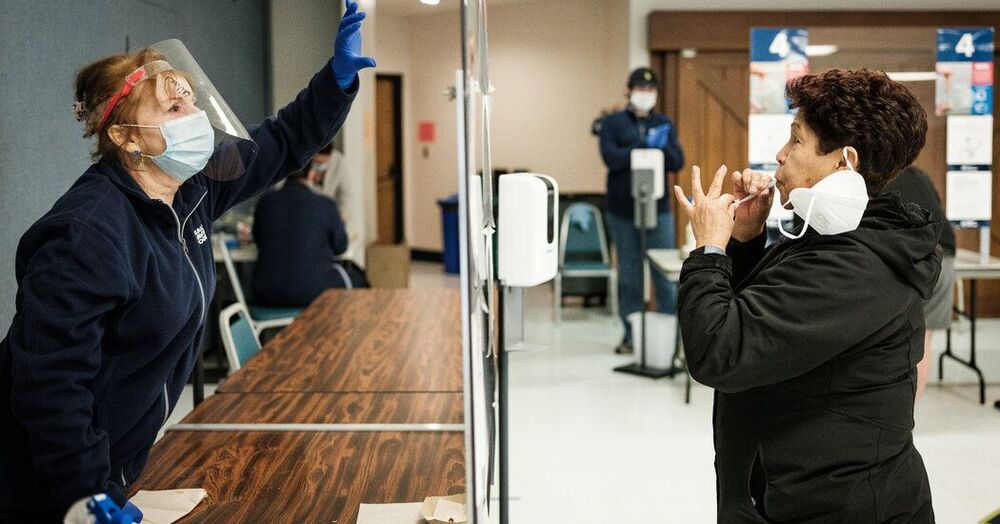
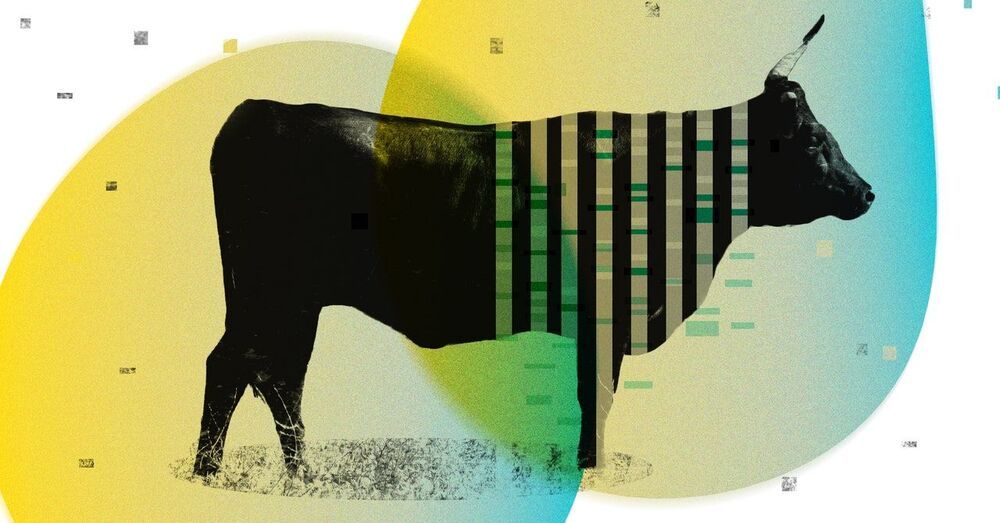
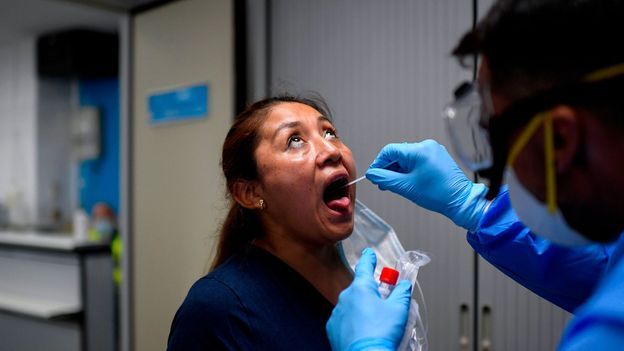
Many believe that drug companies should already be updating their vaccines to target mutated versions of the Covid-19 spike protein. But can the patterns of mutations scientists are seeing popping up in Covid-19 around the world offer any clues about how the virus will continue to evolve?
“It is hard to speculate, but it is interesting that all of a sudden there does seem to be a lot of mutations appearing that could be associated with immune escape or immune recognition,” says Brendan Larsen, a PhD student working with Worobey in Arizona. He recently identified a new variant of Covid-19 circulating in Arizona that has the H69/V70 deletion seen in several other versions of the virus. While still only spreading at a relatively low level there and in other states of the US, it suggests that this particular mutation is recurring independently around the world.
Every time the coronavirus passes from person to person it picks up tiny changes to its genetic code, but scientists are starting to notice patterns in how the virus is mutating.